Are you considering adding a new furry friend to your family? If so, have you considered the Skye Terrier breed? These adorable pups are known for their loyalty and affectionate personalities, making them a great choice for a loving companion. Skye Terriers are also known for their distinctive long, flowing coat and adorable “drop ears”. However, before making the decision to bring a Skye Terrier home, it’s important to learn more about their temperament, exercise needs, and grooming requirements. In this article, we’ll dive into all of these important considerations to help you make an informed decision about whether a Skye Terrier is the right breed for you.
Breed Category: Terrier
Country of Origin: Scotland
Average Size:25-28 cm
Average Weight:16-18 kg
Average Life Span: 12-14 years
Grooming Requirements: High
Exercise Requirements:Moderate
History and Origin
The Skye Terrier is a breed of dog that originated in Scotland, specifically on the Isle of Skye. The breed is believed to have been developed in the 16th century, and was primarily used for hunting small game such as foxes and badgers. Skye Terriers were also used as watchdogs, and were known for their loyalty and protective nature.
The exact origins of the Skye Terrier are unclear, but it is believed that the breed was developed by crossing various terrier breeds that were common in Scotland at the time. Some of the breeds that may have been used to create the Skye Terrier include the Cairn Terrier, the Scottish Terrier, and the Dandie Dinmont Terrier.
The Skye Terrier was first recognized as a distinct breed in the mid-19th century, and quickly became popular among dog enthusiasts in the UK. The breed was also exported to other countries, including the United States, where it gained a following among dog lovers.
During the late 19th and early 20th centuries, the Skye Terrier was a popular breed among the British aristocracy, and was often seen at dog shows and other events. The breed was also used as a symbol of Scottish pride, and was featured in many works of art and literature.
Despite its popularity, the Skye Terrier has faced some challenges in recent years. The breed has a relatively small gene pool, which has led to some health problems. Additionally, the breed’s long, flowing coat requires a lot of grooming, which can be a challenge for some owners. However, the Skye Terrier remains a beloved breed among dog enthusiasts, and is known for its loyalty, intelligence, and affectionate nature.
In conclusion, the Skye Terrier is a breed of dog that has a rich history and a strong connection to Scotland. The breed was developed in the 16th century for hunting and watchdog purposes, and quickly gained popularity among dog enthusiasts in the UK and beyond. While the breed has faced some challenges in recent years, it remains a beloved breed among dog lovers, and is known for its loyalty, intelligence, and affectionate nature.

Size and Breed Category
The Skye Terrier is a small to medium-sized breed of dog that originated in Scotland. They are known for their long, low bodies and distinctive, pointed ears. Skye Terriers typically weigh between 18-27 pounds and stand at a height of 9-10 inches at the shoulder. They have a thick, double coat that comes in a variety of colors, including black, gray, and cream. Skye Terriers are a member of the Terrier group, which is known for their feisty and energetic personalities. They are intelligent and loyal dogs that make great companions for families and individuals alike.
The Skye Terrier is a rare breed, with only a few hundred puppies being registered each year. They are classified as a vulnerable breed by the Kennel Club, which means that their numbers are declining and they are at risk of extinction. Skye Terriers are a long-lived breed, with a lifespan of 12-14 years. They are known for their courage and determination, which made them popular as hunting dogs in their native Scotland. Today, Skye Terriers are primarily kept as companion animals and are valued for their loyalty and affectionate nature. They require regular exercise and grooming to keep their coat in good condition.
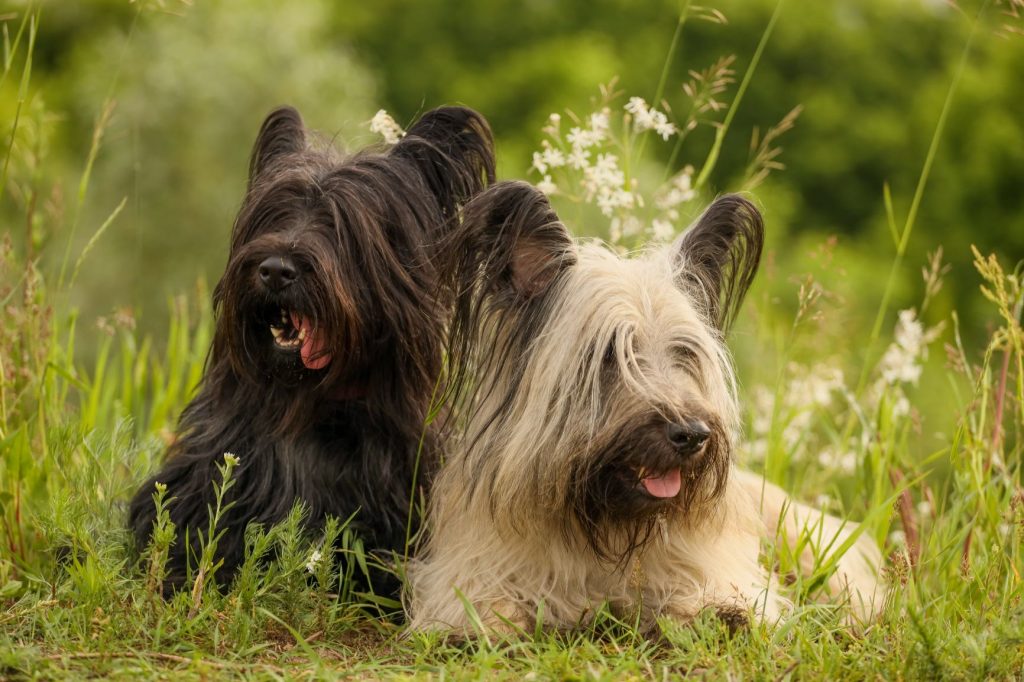
Fur Length and Colour
The fur of the Skye Terrier is long and silky, with a dense undercoat that provides warmth and protection from the elements. The outer coat is straight and flat, with a slight wave, and can come in a variety of colours including black, blue, grey, fawn, and cream. The fur on the head and ears is shorter and softer, while the fur on the body and legs is longer and coarser. The fur on the tail is particularly long and bushy, giving the Skye Terrier a distinctive appearance. Overall, the fur of the Skye Terrier requires regular grooming to prevent matting and tangling.
The colour of the Skye Terrier’s fur can vary depending on the individual dog, but there are certain breed standards that are recognized. For example, a black Skye Terrier should have a jet black coat with no white hairs, while a blue Skye Terrier should have a dark grey-blue coat with no black hairs. Fawn Skye Terriers should have a light tan coat with no black hairs, and cream Skye Terriers should have a pale cream coat with no yellow or red hairs. The colour of the Skye Terrier’s fur can also change as they age, with some dogs developing more white or grey hairs over time. Overall, the colour of the Skye Terrier’s fur is an important characteristic of the breed and is carefully considered by breeders and judges.

Termperament and Trainability
Skye Terriers are known for their independent and strong-willed temperament. They are intelligent and curious dogs that require a firm and consistent hand in training. Skye Terriers can be reserved with strangers and may exhibit a protective nature towards their family. They are loyal and affectionate towards their owners, but can be stubborn and difficult to train if not properly motivated. Skye Terriers have a high prey drive and may chase small animals, so early socialization and training is important. With patience and positive reinforcement, Skye Terriers can excel in obedience and agility.
The trainability of Skye Terriers can vary depending on the individual dog. Some Skye Terriers may be quick learners and eager to please, while others may require more time and effort in training. It is important to establish a consistent routine and use positive reinforcement techniques to motivate Skye Terriers during training. Harsh or punitive training methods can be counterproductive and may cause the dog to become fearful or aggressive. Skye Terriers are intelligent dogs that enjoy mental stimulation, so incorporating games and puzzles into their training can be beneficial. With patience and dedication, Skye Terriers can become well-behaved and obedient companions.
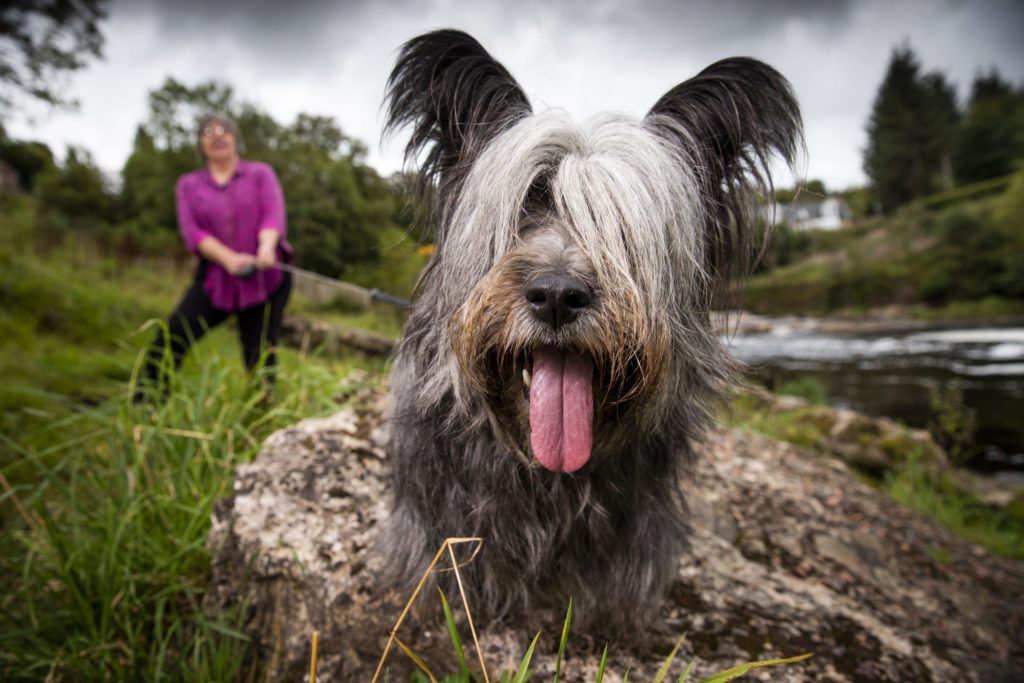
Known Health Conditions
Skye Terriers are prone to a number of health conditions, including hip dysplasia, which is a genetic condition that affects the hip joint. This can cause pain and discomfort, and in severe cases, can lead to arthritis. Skye Terriers are also at risk of developing allergies, which can cause skin irritation, itching, and hair loss. These allergies can be triggered by a variety of factors, including food, pollen, and dust. Additionally, Skye Terriers are prone to a condition called hypothyroidism, which occurs when the thyroid gland does not produce enough hormones. This can cause a range of symptoms, including weight gain, lethargy, and hair loss.
Another health condition that Skye Terriers are at risk of developing is progressive retinal atrophy, which is a degenerative eye disease that can lead to blindness. This condition is caused by a genetic mutation, and there is currently no cure. Skye Terriers are also prone to a condition called patellar luxation, which occurs when the kneecap dislocates from its normal position. This can cause pain and discomfort, and in severe cases, can lead to arthritis. Finally, Skye Terriers are at risk of developing a condition called von Willebrand disease, which is a bleeding disorder that affects the blood’s ability to clot. This can cause excessive bleeding, particularly after surgery or injury.
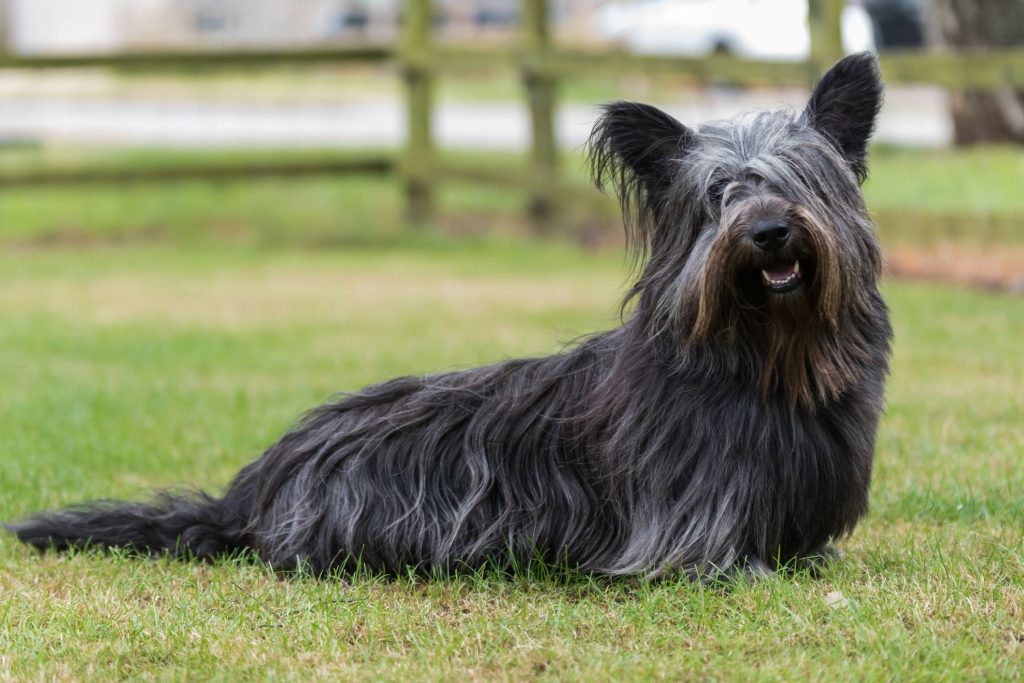
Openness to Strangers
Skye Terriers are known for their friendly and welcoming nature towards strangers. They are a breed that is always eager to make new friends and are not shy when it comes to meeting new people. Skye Terriers are very sociable and enjoy being around people, making them great companions for those who are looking for a loyal and affectionate pet. They are also very adaptable and can easily adjust to new environments, making them ideal for families who are always on the go. Skye Terriers are a great choice for those who are looking for a dog that is easy to train and will quickly become a beloved member of the family.
Skye Terriers are known for their outgoing and friendly personalities, which make them great pets for families with children. They are very patient and gentle with kids, and are always eager to play and have fun. Skye Terriers are also very loyal and protective of their owners, making them great watchdogs. They are very intelligent and can easily learn new tricks and commands, making them a great choice for those who are looking for a dog that is easy to train. Skye Terriers are a great choice for those who are looking for a dog that is both friendly and loyal, and will quickly become a beloved member of the family.
Playfulness Level
The Skye Terrier is a highly playful breed of dog that loves to engage in various activities. They are known for their energetic and lively nature, which makes them a great companion for families with children. These dogs are always up for a game of fetch or a run around the park, and they have a natural curiosity that drives them to explore their surroundings. Skye Terriers are also highly intelligent, which means they can quickly learn new tricks and commands. This makes them an excellent choice for owners who want a dog that can keep up with their active lifestyle.
Despite their playful nature, Skye Terriers can also be quite independent. They are not overly clingy or needy, which means they can be left alone for short periods without becoming anxious or destructive. However, they do require regular exercise and mental stimulation to keep them happy and healthy. Owners should be prepared to provide their Skye Terrier with plenty of toys, games, and activities to keep them entertained. With the right care and attention, these dogs can make wonderful pets that bring joy and laughter to any household.
Suitability as a Pet for Children
Skye Terriers have a friendly and loyal temperament, making them a great choice as a pet for children. They are known for being intelligent and easy to train, which can make them a good fit for families with young children who are learning how to care for a pet. Skye Terriers are also known for being active and playful, which can help keep children entertained and engaged. Additionally, Skye Terriers are a relatively low-maintenance breed, which can make them a good choice for families who are looking for a pet that doesn’t require a lot of grooming or attention.
Exercise Needs
Skye Terriers require regular exercise to maintain their physical and mental health. As an active breed, they need daily walks and playtime to burn off excess energy and prevent boredom. A minimum of 30 minutes of exercise per day is recommended, but they will happily take more if given the opportunity. Skye Terriers also enjoy participating in activities such as agility, obedience, and tracking, which provide mental stimulation and help strengthen the bond between dog and owner. It is important to note that Skye Terriers should not be over-exercised, especially when they are young, as their bones and joints are still developing.
In addition to physical exercise, Skye Terriers also benefit from mental stimulation. They are intelligent dogs that enjoy learning new things and solving puzzles. Training sessions, interactive toys, and games such as hide-and-seek can help keep their minds active and prevent destructive behavior. Skye Terriers are also social animals and enjoy spending time with their owners and other dogs. Regular socialization with other dogs and people can help prevent shyness or aggression towards strangers. Overall, Skye Terriers require a balanced approach to exercise and mental stimulation to keep them happy and healthy.
Suitability for a Multi-Pet Family
Skye Terriers have a reputation for being independent and strong-willed. They can be territorial and may not always get along with other pets in the household. However, with proper socialization and training, Skye Terriers can learn to coexist peacefully with other animals. It is important to introduce them to other pets slowly and under supervision to ensure a positive interaction. Additionally, Skye Terriers may be more accepting of other pets if they are raised together from a young age.
Housing Requirements
Skye Terriers require a living space that is comfortable and spacious enough for them to move around freely. They need a warm and dry shelter that is well-ventilated and provides protection from extreme weather conditions. The shelter should be equipped with a comfortable bed and fresh water. Skye Terriers are active dogs and require regular exercise, so a secure outdoor space is essential. A fenced yard or a safe area where they can run and play is ideal. Skye Terriers also need mental stimulation, so providing them with toys and interactive games is important.
In terms of nutrition, Skye Terriers require a balanced diet that meets their nutritional needs. They should be fed high-quality dog food that is appropriate for their age, size, and activity level. It is important to monitor their food intake and avoid overfeeding, as Skye Terriers are prone to obesity. Regular visits to the veterinarian are also necessary to ensure their health and well-being. Skye Terriers have a long, flowing coat that requires regular grooming. They need to be brushed daily to prevent matting and tangling. Regular baths and trimming of their coat is also necessary to maintain their hygiene and appearance.
Summary
Skye Terriers make great pets for those who are looking for a loyal and affectionate companion. They are known for their intelligence and adaptability, making them easy to train and integrate into a family. They are also known for their playful and energetic nature, making them great for families with children. However, they do require regular exercise and mental stimulation to keep them happy and healthy. Overall, Skye Terriers are a great choice for those looking for a loving and active pet.
Skye Terrier Dog FAQS
Skye Terriers can be stubborn and independent, making them a bit more difficult to train than some other breeds. Consistent and patient training is key.
Skye Terriers can be good with children if they are socialized properly and trained to interact with them.
Skye Terriers can be prone to hip dysplasia, allergies, and autoimmune diseases. Regular vet check-ups are important.
Skye Terriers can adapt to apartment living as long as they get enough exercise and mental stimulation.
Yes, Skye Terriers shed a moderate amount and require regular grooming to maintain their coat.
Skye Terriers need moderate exercise, such as a daily walk or playtime in a fenced yard.
Skye Terriers should be groomed at least once a week to prevent matting and tangling of their long hair.
Skye Terriers usually grow to a height of 25-26 cm.
The average lifespan of a Skye Terrier is 12-14 years.
The average weight of a Skye Terrier is between 16-18 kg.
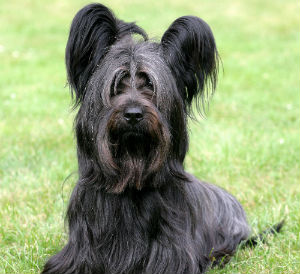
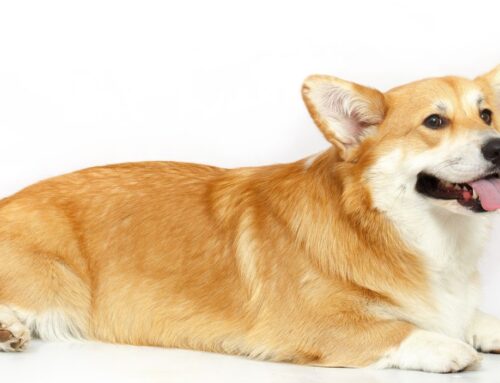
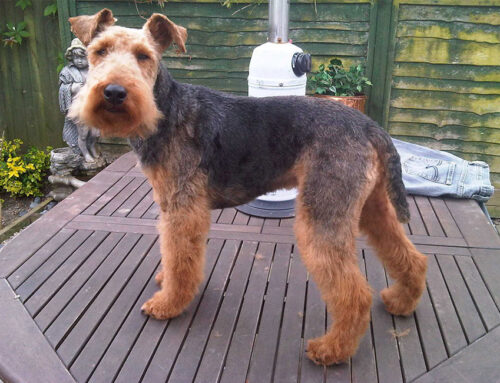
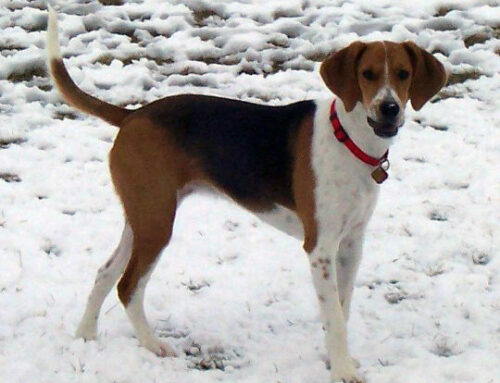
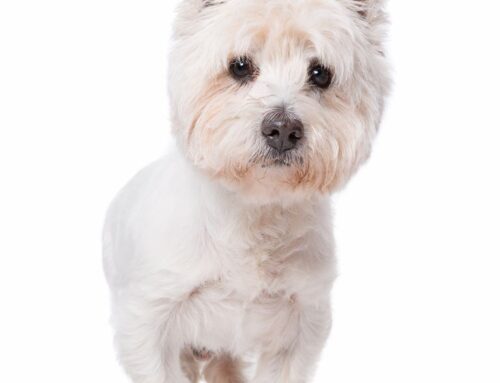
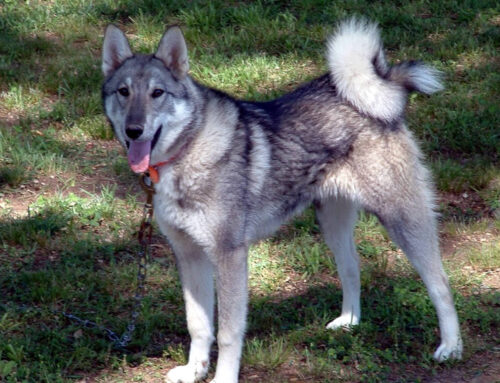
Leave A Comment